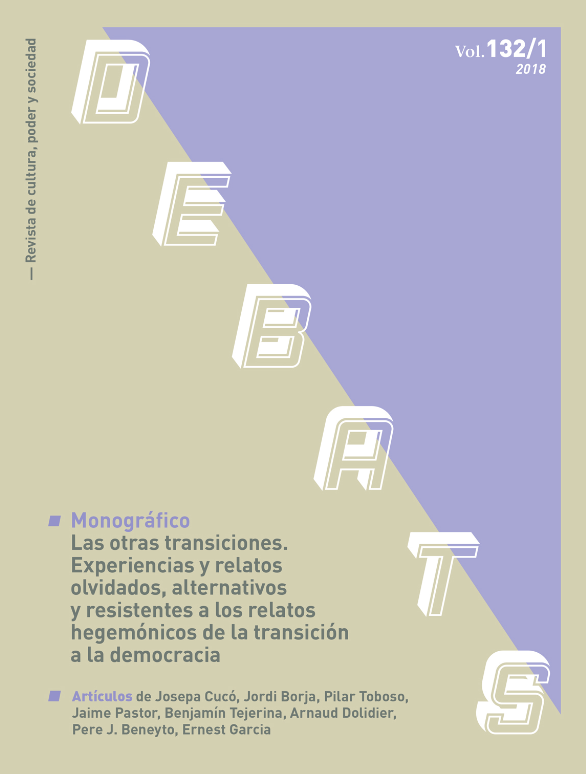The progress and limits of the planet: lessons for the 21st century from the debate between Godwin and Malthus
Keywords:
progreso, límites del planeta, Godwin, MalthusAbstract
A debate emerged at the end of the 18th century; essentially, the same one we are now discussing regarding the limits of growth. Condorcet (1793–1794) asserted that human improvement would never stop. He ruled out the possibility of the finitude of the planet becoming a barrier with arguments that, in today’s language, refer to hopes that threats are distant in the future and of ecoefficiency, dematerialisation, and postmaterialism. Condorcet invented sustainable development as a side thought! Godwin (1793) supported the idea and added that unending progress would be possible only by abolishing
government, property, marriage and their associations in order to liberate the individual, thus creating a world without war, crimes, law courts and government, disease, anguish, melancholy, resentment, death, or sex. It is hardly surprising that this anarchist and individualist paradise on earth is similar to the Christian concept of heaven: the dominance of spirit over matter has been a basic belief of industrial society since its very beginning. Malthus (1798) rose against these dreams, saying that nature represents an insurmountable obstacle to their realisation, that necessity and the “imperious law of nature” restrains every organism, even humans, “within the prescribed bounds”—an idea that earned him Darwin’s praise and the enmity of many social philosophers. Malthus argued that Godwin’s vision of society, although beautiful,
was unfortunately based on three errors: (1) that all social ills come from institutions; (2) that eliminating property would give rise to unending wealth; and (3) that equal sharing will always solve material shortages. Even in its literal terms, this debate anticipated a lot of today’s current discussion about sustainable development and degrowth, as well as the ecology–equity relationship.
Downloads
Downloads
Published
How to Cite
Issue
Section
License
Without prejudice to the provisions of article 52 of Spanish Law 22/1987 of November 11 on Intellectual Property, BOE (official state bulletin) of November 17, 1987, and pursuant to said legislation, the author(s) surrender(s) free of charge its rights of edition, publication, distribution and sale of the article, for its publication in Debats. Journal on Culture, Power and Society.
Debats. Journal on Culture, Power and Society is published under the Creative Commons license system in accordance with the «Recognition - Non-Commercial (by-nc) modality: The generation of derivative works is permitted provided that commercial use is not made. Nor can the original work be used for commercial purposes».
Thus, when the author submits his/her contribution, he/she explicitly accepts this assignment of publishing and publishing rights. Authors also authorize Debats. Journal on Culture, Power and Society to include their work in an issue of the journal to be distributed and sold.











